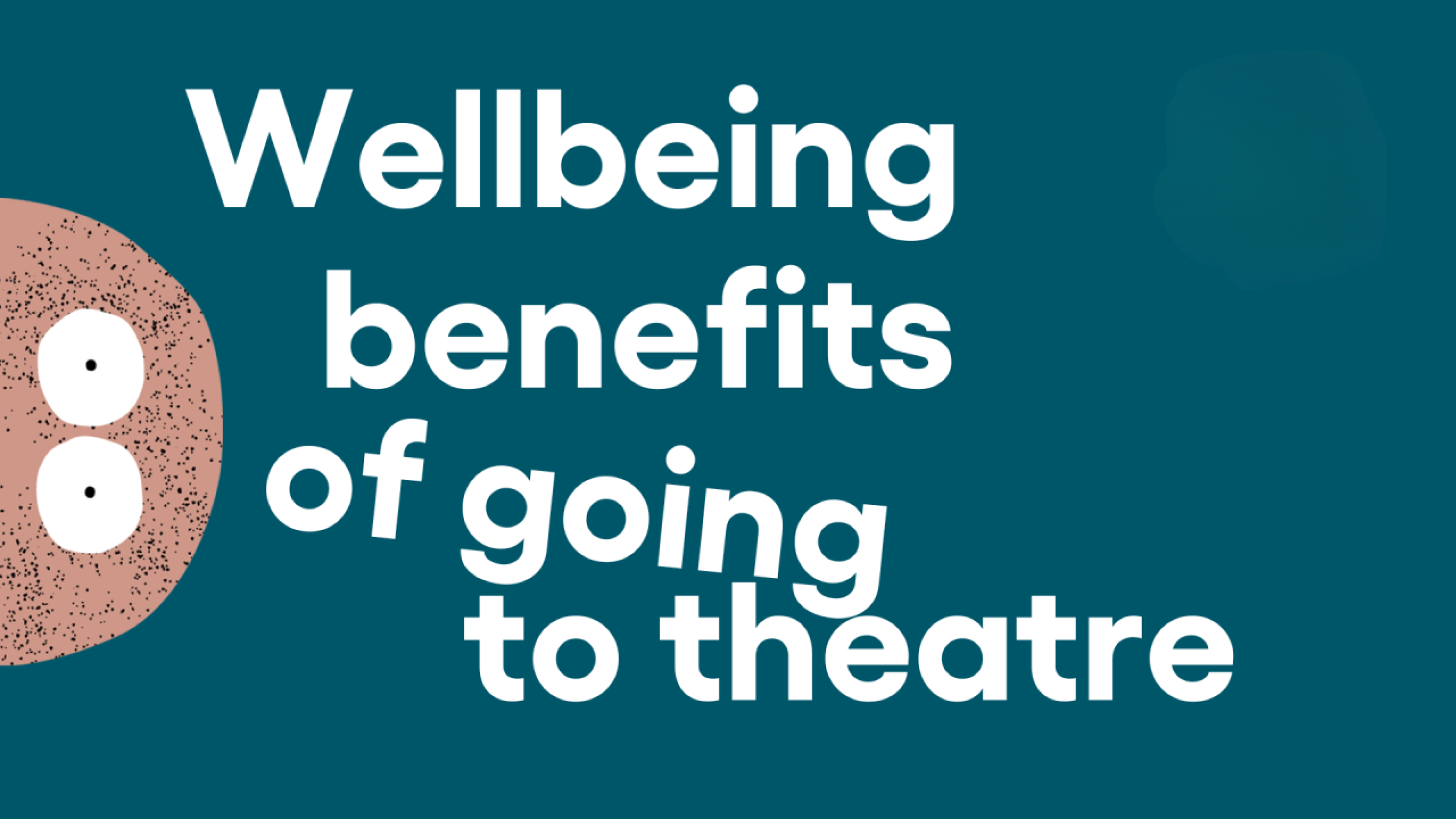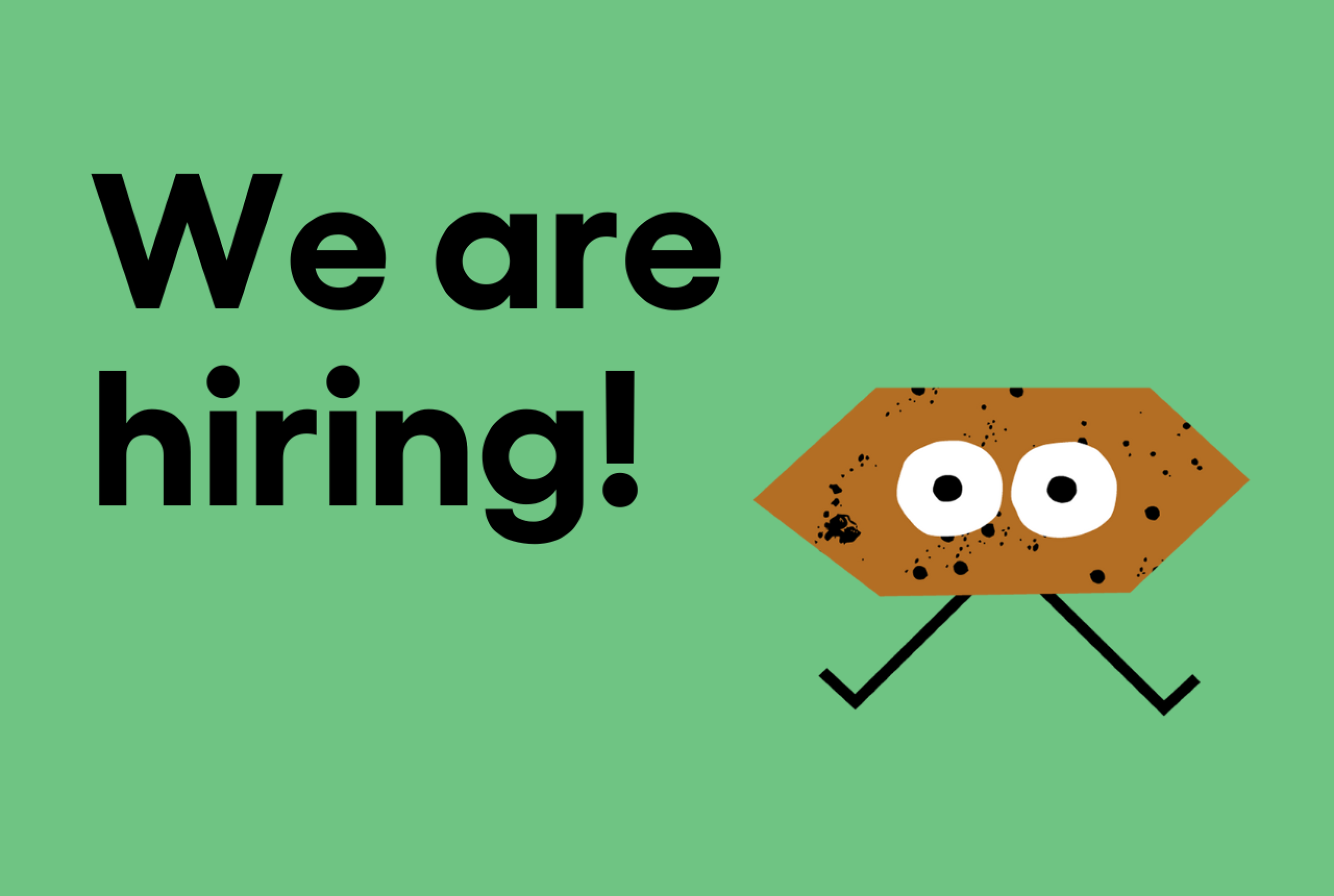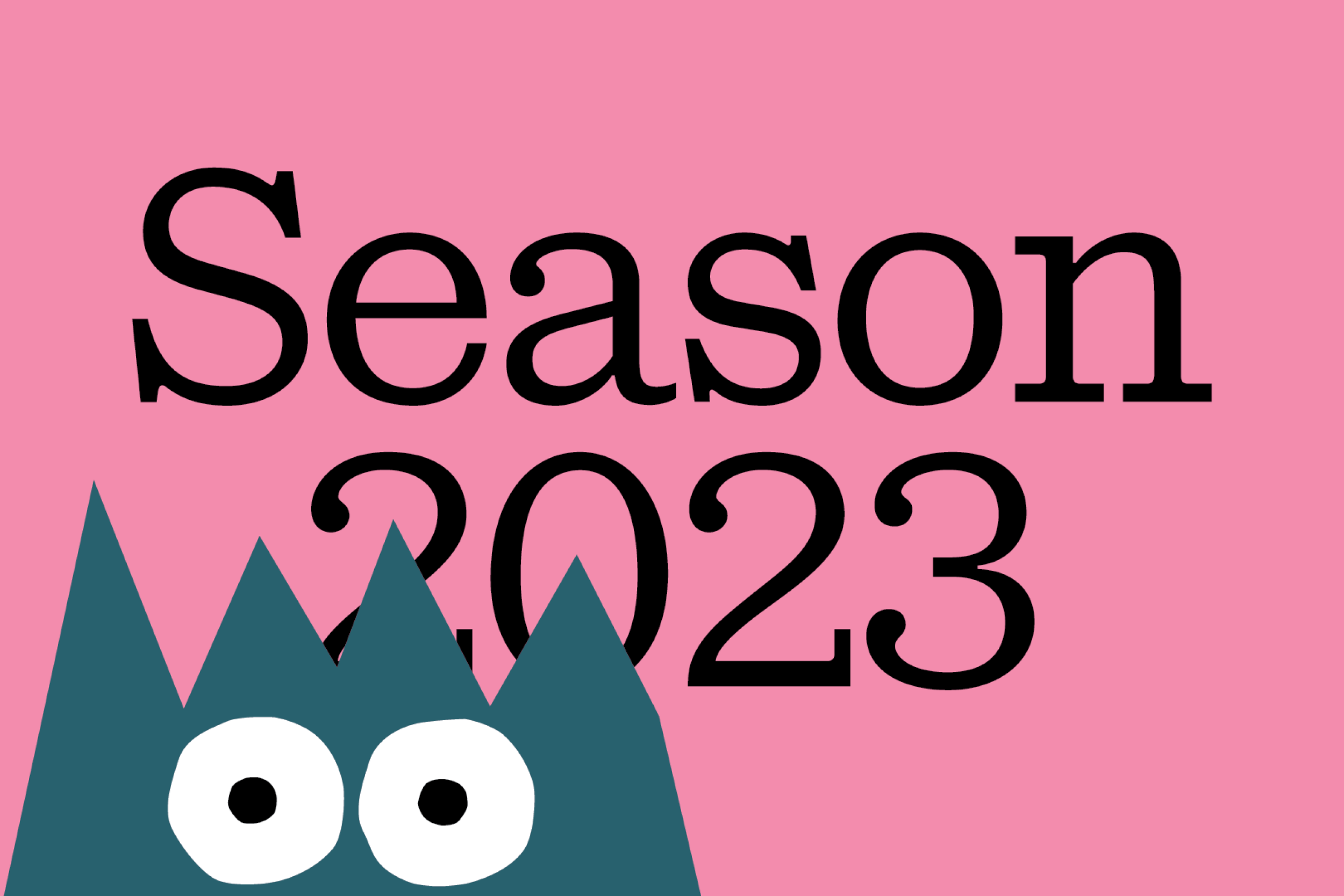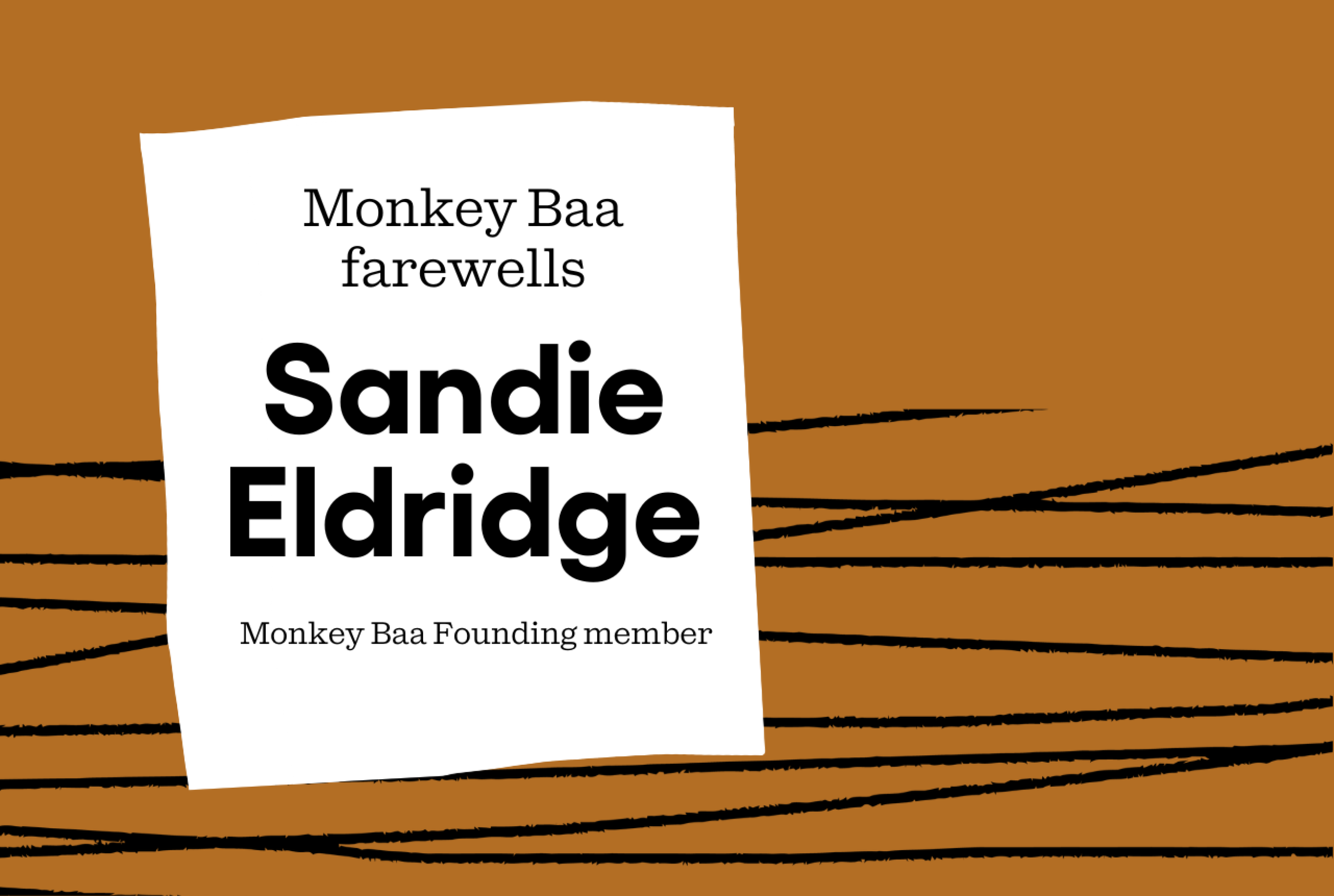
Exploring wellbeing through Theatre for Young People
As someone deeply immersed in the arts, especially in enabling the creation of experiences for young people, I’ve always believed in the inherent value of theatre and the performing arts. Art doesn’t need to justify itself; its mere existence enriches our lives. However, during some recent research for a framework that could broaden this understanding—linking the arts more explicitly to wellbeing—I discovered The Nest, a wellbeing framework for young people developed by ARACY. A big thanks to Emily Fuller from the Future Generations Companies who introduced me to this work. This framework aligns well with the expansive and complex nature of the arts and is shaping how I view and communicate the impact of our work at Monkey Baa Theatre Company.
Art doesn’t need to justify itself; its mere existence enriches our lives.
Introducing The Nest framework
The Nest offers a comprehensive structure to assess and support the wellbeing of young people across multiple domains. As mentioned, it was created by ARACY and is used comprehensively in adjacent industries working with young people. It’s designed to capture a wide range of factors that contribute to a young person's development, making it an excellent tool for aligning our theatrical programs with broader wellbeing outcomes.
The Nest poses the following domains of wellbeing:
Health: Young people need to be physically and mentally healthy, with access to comprehensive health services and support systems.
Learning: It's essential for young people to engage in quality educational experiences that promote both academic achievement and personal development.
Participating: For their wellbeing, young people actively participate in their communities, enhancing their sense of belonging and influence.
Positive sense of identity and culture: Developing a positive sense of identity and connection to their culture is crucial for the self-esteem and resilience of young people.
Valued, loved and safe: Young people must feel valued, loved, and safe in their environments to foster security and confidence.
Material Basics: Ensuring young people have access to the basic material.
https://www.aracy.org.au/the-nest-in-action/the-nest-overview
So, how does theatre contribute to wellbeing?
Considering what we know through research about the benefits of the arts, I propose the following alignment between theatre experiences and the Nest’s domains of wellbeing.
Positive sense of identity and culture: Through storytelling that reflects their experiences and backgrounds, young people can explore and affirm their cultural and personal identities.
Participating: Young people are encouraged to actively engage by attending shows, participating in workshops, and contributing to discussions, which enhances their social skills and community involvement.
Learning: Theatre enhances cognitive development and critical thinking skills through exposure to new ideas, cultures and historical contexts.
Health: Engaging with live theatre can bolster mental health by providing emotional catharsis and reducing feelings of anxiety and depression.
Valued, loved and safe: The supportive environment of theatre helps young people feel connected, understood and secure.
Material basics: By making theatre accessible to young people, especially in low socio-economic areas and regional Australia, we ensure that cultural enrichment is available to all, helping to bridge economic and geographic disparities.
Our approach at Monkey Baa
At Monkey Baa Theatre Company, we’ve always aimed to create theatre that doesn’t just entertain but also nurtures, inspires and enables. From our diverse productions to our learning workshops, every element is designed to foster an environment where creativity leads to growth. We engage young people from metropolitan, regional, and remote areas of Australia, making sure that theatre is an accessible and enriching experience for all.
Ensuring that young people have a voice in initiatives that affect them is vital for truly impactful outcomes. We recognise this through our Youth Advisory Council (YAC) and collaborations with several schools in Sydney, where young people actively contribute to the design and implementation of our programs. This co-creation process not only enriches our offerings but also ensures that the programs are deeply resonant and beneficial to their wellbeing.
We believe that live performances offer more than just a story; they are a reflection of diverse human experiences. By presenting culturally inclusive and socially relevant content, we allow young people to see their own lives mirrored on stage, fostering a positive sense of identity and culture. More than that, our interactive workshops and discussions post-performance encourage young minds to engage critically with what they've seen, promoting a deeper understanding and connection.
Theatre can be a safe space where emotions can be explored and expressed, contributing significantly to mental health. It’s also a place for communal experience, which strengthens connections and provides a sense of belonging. This aspect of theatre is crucial, especially in forming supportive networks for young people who might otherwise feel isolated.
A final few thoughts
Sharing this integrated view of theatre and wellbeing is not just about stating what we do at Monkey Baa but about inviting others into this conversation. It’s about exploring how creative experiences can profoundly impact the wellbeing of young people and how, as a community, we can continue to support this vital connection.
This exploration isn’t merely an addition to existing research; it's an invitation to rethink and possibly redefine the role of the arts in young lives. As we continue to adapt and evolve our approach, the dialogue on the arts' role in nurturing young minds remains open, always welcoming new perspectives and insights.
The research has already given us the evidence. Engaging with the arts improves the wellbeing of young people. Maybe our task now is to integrate this knowledge into other conversations.
The benefits of engaging with theatre extend into various aspects of personal development, including boosting self-esteem, enhancing educational outcomes, and developing problem-solving skills. It’s thrilling to see young individuals grow into more empathetic, aware, and capable individuals through their interactions with the arts.




